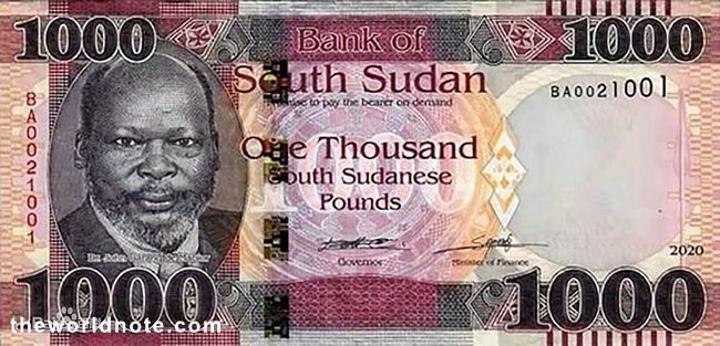Africa-Press – South-Sudan. The parliamentary committee on finance and economic planning is urging the Central Bank to investigate the viability of all commercial banks and forex bureaus operating in the country.
The committee said since the floatation of the exchange rate in 2015, the country has lost control over the money supply and run-away inflation.
Changkouth Bichiock, the chairperson of the Economic Cluster and the Committee on Finance and Economic Planning, said the Central Bank’s monetary policy guidance is politically restrained due to the influence of the ministry of finance and planning and political leadership.
The committee directed the Central Bank to compile a list of all registered and licensed commercial banks including forex bureaus, and insurance companies.
“The Bank of South Sudan should investigate the viability of all the banks and forex bureaus operating in the financial market.”
“The BOSS needs to implement appropriate supervisory measures, such as voluntary liquidation in cases of proven insolvency, difficulty in mergers and acquisitions, inability to increase capital formation, or ability to rehabilitate,” he said.
Inflation
According to the budget book, the annual inflation rate for the FY 2022/23 is 2.4 per cent, with a 6.39 per cent growth rate expected by the end of the fiscal year.
Bichiock said if the growth rate data is accurate, it means that the economy will recover, inflation will be contained, and a reasonable level of employment will be achieved.
However, more data from the National Bureau of Statistics and the Central Bank of South Sudan are required to confirm this optimistic forecast.
He emphasised the importance of the fiscal year budget being aligned with the priorities identified in the Revised National Development Strategy (R-NDS) to facilitate private sector participation in economic growth.
“If this strategy is successfully implemented, it will create jobs, increase output, reduce inflation, and achieve economic stability and consistency,” Bichiock stressed.
The government’s long-term debt management goal was to raise an adequate level of financing at the lowest possible cost and risk to close the fiscal gap, and resources could be mobilised through grants, concessional loans, and other means.
Bichiock emphasised challenges such as borrowing from the private sector being limited due to the domestic financial market.
“Borrowing from the central bank is not advisable because it results in currency printing. High-interest rate commercial loans should be avoided and all loans and borrowings must be approved by the national legislature.’’
According to the committee, for inflation to be stable, the ministry of finance must implement sound fiscal policies based on the implementation of public finance management and public expenditure management.
For More News And Analysis About South-Sudan Follow Africa-Press






